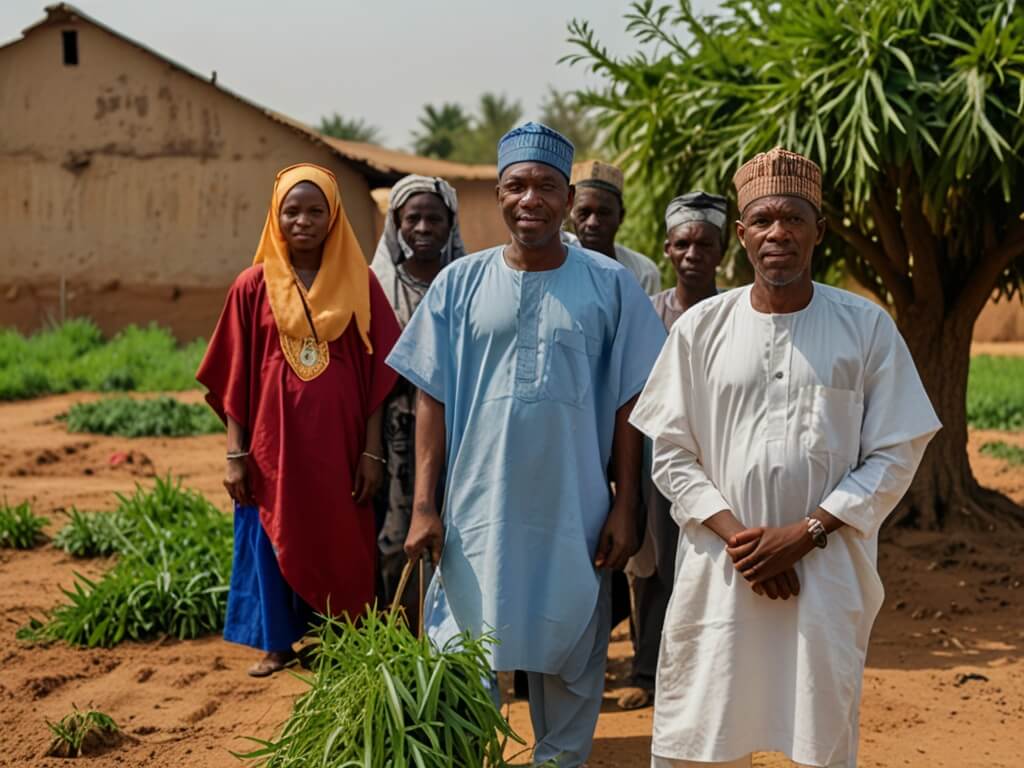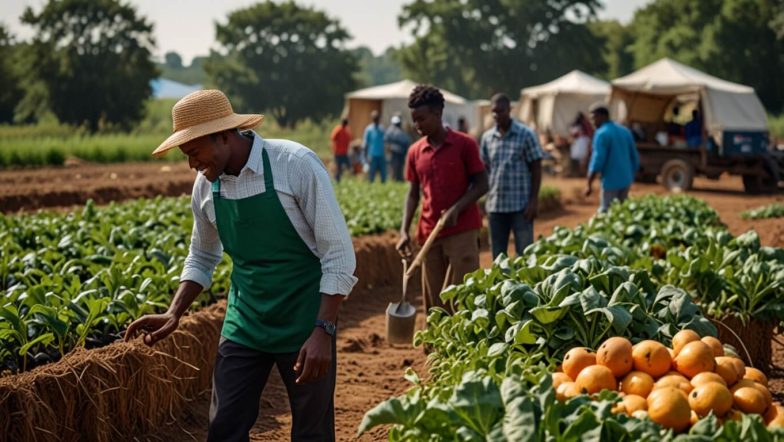In Nigeria, agriculture plays a pivotal role in the economy, providing livelihoods for millions of people and contributing to food security and economic development. However, the sustainability of agricultural practices is increasingly threatened by factors such as climate change, soil degradation, and limited access to resources.
This article highlights strategies for promoting resilience and socio-economic development within the agricultural sector.
1. Promoting Conservation Agriculture:
By adopting conservation agriculture practices, farmers can reduce soil erosion, enhance water retention, and improve soil fertility. Promoting conservation practices supports sustainable food production and fosters biodiversity conservation and ecosystem resilience in agricultural landscapes.
2. Increasing Access to Agricultural Resources:
Access to quality seeds, fertilizers, irrigation systems, and financial services is essential for smallholder farmers to increase productivity and adapt to changing environmental conditions. Governments, NGOs, and private sector stakeholders can support agricultural communities by investing in infrastructure development, providing technical assistance and training, and facilitating access to credit and markets.
Doing this will help agricultural communities become more resilient and economically viable,
contributing to poverty alleviation and rural development.
3. Fostering Collaboration and Knowledge Sharing:
Platforms such as farmer cooperatives, extension services, and agricultural networks can facilitate information exchange, technology transfer, and collective decision-making, enabling farmers to adopt innovative practices and address common challenges collaboratively.
Supporting a culture of learning and collaboration will help agricultural communities harness local knowledge and expertise to develop context-specific solutions that promote sustainability and resilience across the agricultural value chain.
In conclusion, building sustainable agricultural communities in Nigeria is essential for
addressing food security, poverty alleviation, and environmental conservation challenges.
Encouraging farmers to adopt sustainable practices will improve their livelihoods, and contribute
to the long-term resilience and prosperity of rural communities.







Leave a comment